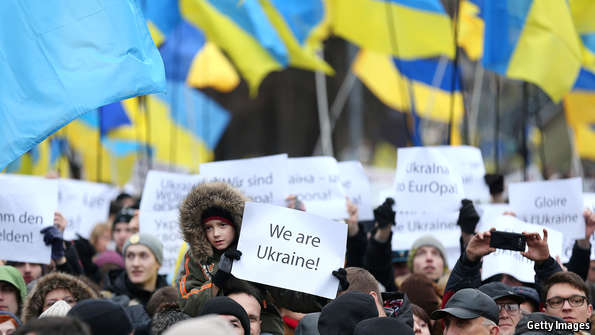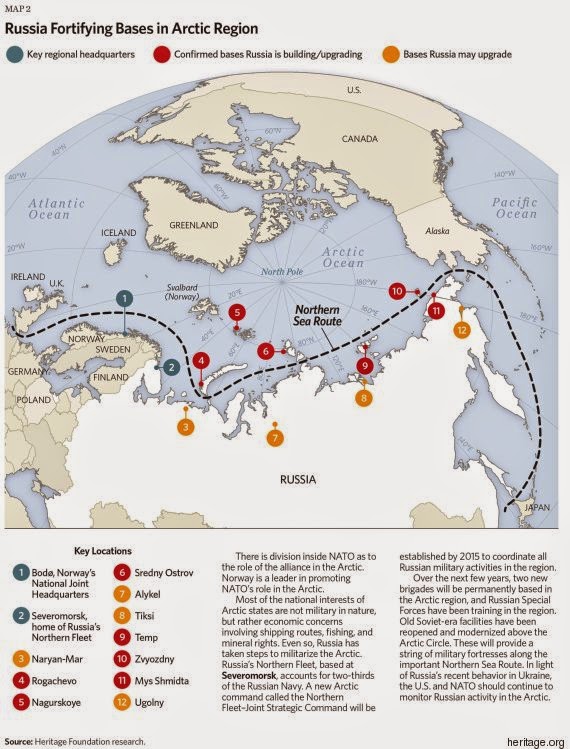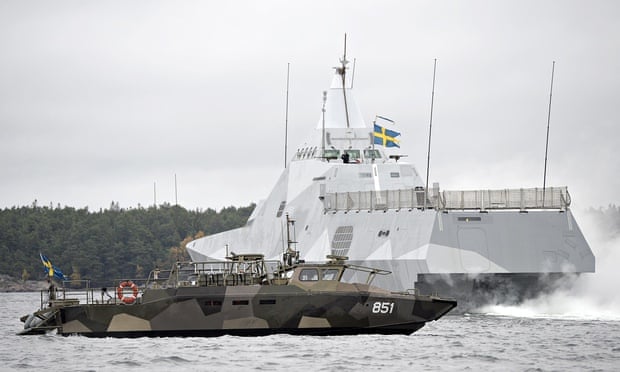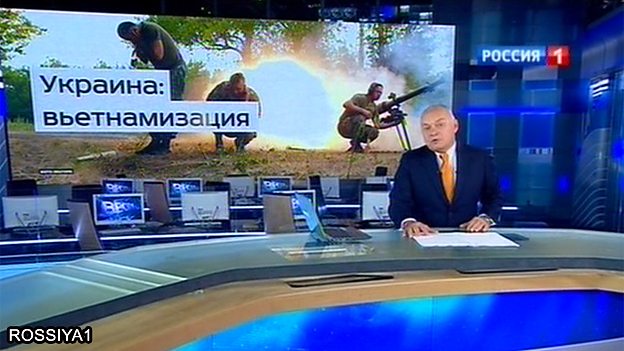Capital: Moscow
Population: 143.5 million
GNI/capita, PPP: US$24,280
Classification: Consolidated Authoritarian Regime
In 2014, Russia earned its largest ratings decline in a decade, reflecting the fact that Moscow’s aggression abroad is closely tied to the Putin regime’s domestic struggle for survival. As it sought to destabilize the new democratic government in Ukraine, the Kremlin stepped up its suppression of dissent at home, targeting online media, opposition figures, and civil society groups with legal bans on “extremism,” trumped-up criminal charges, and other restrictions. Throughout 2014, propaganda masquerading as news and disseminated through Russia’s state-controlled media worked to simultaneously obscure and legitimize the Kremlin’s aggression abroad.
President Vladimir Putin’s decisions in 2014 to seize Crimea, invade eastern Ukraine, and deepen political repression at home can all be attributed, at least in part, to his fear of losing power after 15 years as Russia’s paramount leader. The Kremlin needed to marshal public support while distracting attention from growing economic problems and preventing any emulation of Ukraine’s protest and reform movement.
Russia’s state-controlled media contributed to the effort by exploiting Russian memories of the Soviet Union’s World War II victory, smearing the new government in Ukraine as a “fascist junta,” and blaming the collapse of former Ukrainian president Viktor Yanukovych’s administration on meddling by the United States and other Western powers. To ensure that these assertions remained unchallenged, the authorities increased their harassment of Russia’s dwindling independent media outlets and began blocking access to some of the most critical internet sites.
The government also suppressed dissent through new or existing legislation. It once again rewrote the parliamentary electoral law and deployed regional vetting procedures so that all 30 gubernatorial elections held in 2014 went to the Kremlin’s handpicked candidates. Similarly, the authorities used the laws on “extremism” and “foreign agents” to harass and intimidate the country’s civil society sector. Separately, Putin pushed through a law that abolished Russia’s top commercial court, the country’s most respected judicial body, and merged its responsibilities into the Supreme Court, making it easier for politicians to use the judiciary to pursue their personal economic interests.
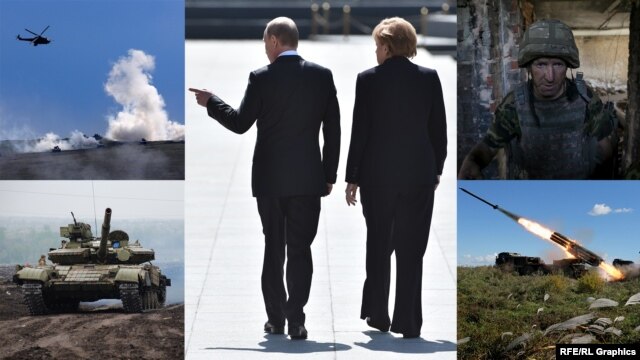


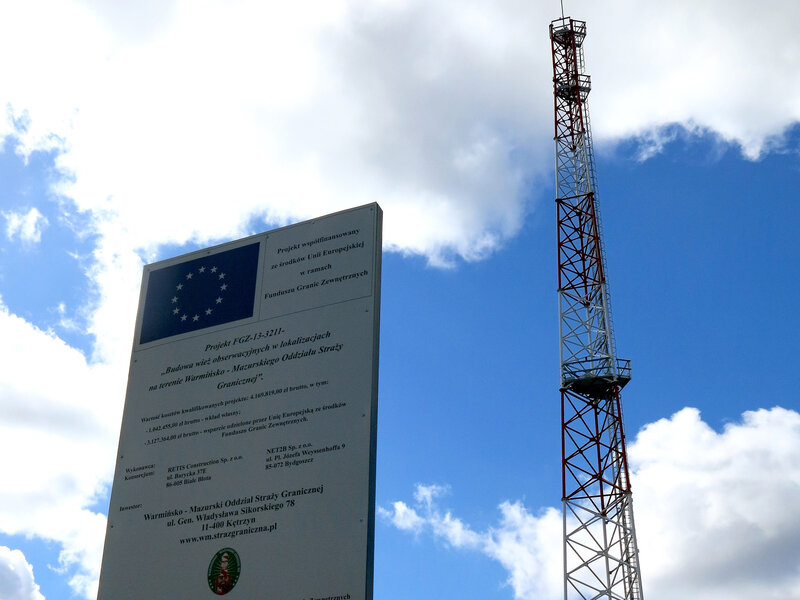


/cdn0.vox-cdn.com/uploads/chorus_asset/file/3799138/Screen_Shot_2015-06-17_at_8.43.30_AM.0.png)



